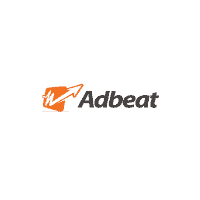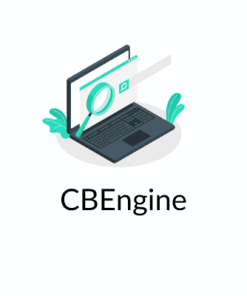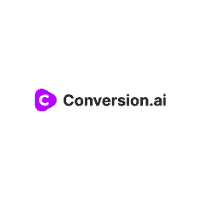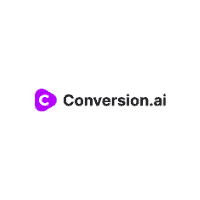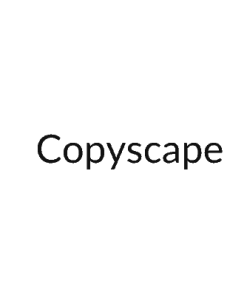Guru Pack : Unlocking the Power of Effective Keyword Research
In the ever-evolving digital landscape, understanding what your audience is searching for is the cornerstone of any successful online strategy. Keyword research enables businesses, marketers, and content creators to identify the right terms and phrases their target audience uses to find products, services, or information. To make this process easier and more effective, numerous keyword search tools have emerged, offering valuable insights, data, and suggestions that help optimize your content and drive traffic. Guru Pack
What Are Keyword Search Tools?
Keyword search tools are software applications designed to assist in discovering keywords related to your niche, business, or content focus. They provide important data such as search volume, competition level, keyword difficulty, trends over time, and potentially related keywords. With these insights, you can craft targeted content that resonates better with users, improve your search engine optimization (SEO), and ultimately increase your website’s visibility.
Top Benefits of Using Keyword Search Tools
- Discover New Keywords: Uncover a wide array of relevant keywords including long-tail phrases that might not be obvious.
- Analyze Competition: Understand how difficult it is to rank for specific keywords based on competition metrics.
- Track Trends: Identify rising or seasonal search trends to capitalize on timely content.
- Improve SEO: Select keywords strategically to optimize your website structure, blog posts, and marketing campaigns.
- Better ROI: Targeting the right keywords can lead to higher conversion and more efficient marketing spend.
Popular Keyword Search Tools
There are many keyword search tools out there — both free and paid — each offering unique features tailored to different needs. Here are some of the most popular and trusted options:
- Google Keyword Planner: Free and integrated with Google Ads, it offers keyword ideas directly from the world’s largest search engine.
- Ahrefs Keywords Explorer: Provides extensive data on keyword volume, difficulty, and click-through rates with a clean and intuitive interface.
- SEMrush: An all-in-one marketing toolkit that includes keyword research along with competitive analysis and site audit tools.
- Moz Keyword Explorer: Offers keyword suggestions, difficulty scores, and SERP analysis suitable for marketers and SEO enthusiasts.
- Ubersuggest: A user-friendly option with helpful keyword suggestions, content ideas, and SEO metrics, available for free with premium upgrades.
- KWFinder: Known for uncovering long-tail keywords with low SEO difficulty, ideal for targeting niche segments.
- AnswerThePublic: Visualizes search queries related to your keywords, providing valuable insights for content ideation.
How to Use Keyword Search Tools Effectively
To get the most out of keyword search tools, keep these best practices in mind:
- Define Your Goals: Are you targeting informational content, product sales, or local searches? Choose keywords aligned with your objectives.
- Focus on Relevance: Ensure your keywords are closely related to your content topic and audience intent.
- Balance Volume & Competition: Target keywords that have sufficient search volume but manageable competition.
- Explore Long-Tail Keywords: These specific phrases often convert better and face less competition.
- Monitor and Adapt: Keyword trends change over time—regularly revisit your keyword strategy to stay ahead.
Conclusion
Keyword search tools are indispensable for anyone looking to boost their online presence and drive targeted traffic. By leveraging the right tools and strategies, you can uncover valuable keyword opportunities that align with your audience’s needs and improve your chances of ranking high on search engines. Whether you’re a beginner or an experienced marketer, investing time in thorough keyword research will pay off in the long run.
For those starting out, Google Keyword Planner and Ubersuggest offer excellent free entry points, while more advanced users might prefer Ahrefs or SEMrush for in-depth analysis. Choose a tool that fits your budget and goals, and get ready to unlock the potential of your content through smart keyword research.

